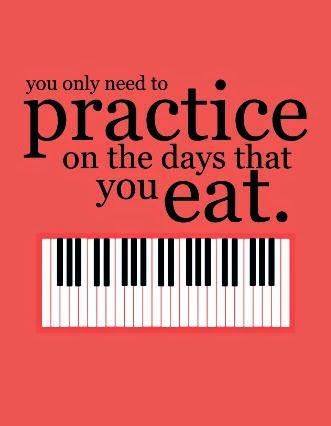
 1741 ~ Antonio Vivaldi died
1741 ~ Antonio Vivaldi died
More information about Vivaldi
https://youtu.be/GRxofEmo3HA
• 1750 ~ Johann Sebastian Bach, German composer and organist, died. Composer of “St Matthew Passion” and “Brandenburg Concertos”, his output covered every musical genre with innovations in format, quality and technical demands.
More information about Bach
• 1796 ~ Ignace Bösendorfer, Italian Pianomaker
More information about Bösendorfer
https://youtu.be/cy3rkZbAedc
• 1811 ~ Guilia Grisi, Italian soprano
• 1901 ~ Rudy (Hubert Prior) Valee, Bandleader and singer. Valee was one of the first, before Bing Crosby, to popularise the singing style known as “crooning”.
• 1914 ~ Carmen Dragon, Classical music conductor, bandleader and father of singer, ‘Captain’ Daryl Dragon
• 1915 ~ Frankie Yankovic, Polka King, Grammy Award-winning musician, accordion
• 1933 ~ The singing telegram was introduced on this day. The first person to receive a singing telegram was singer Rudy Vallee, in honor of his 32nd birthday.
• 1934 ~ Jacques d’Amboise, Ballet dancer with the New York City Ballet
• 1937 ~ Peter Duchin, American bandleader, pianist, son of musician, Eddy Duchin
https://youtu.be/eUQZ5DxS0rQ
• 1938 ~ George Cummings, Guitarist with Dr. Hook
• 1939 ~ Judy Garland sang one of the most famous songs of the century with the Victor Young Orchestra. The tune became her signature song and will forever be associated with the singer-actress. Garland recorded Over the Rainbow for Decca Records. It was the musical highlight of the film, The Wizard of Oz.
• 1941 ~ Riccardo Muti, Italian conductor
• 1945 ~ Rick Wright, Keyboards with Pink Floyd
• 1949 ~ Peter Doyle, Singer with The New Seekers
• 1949 ~ Simon Kirke, Drummer with Free
• 1958 ~ Three years after his Cherry Pink and Apple Blossom White reached number one, Cuban-born bandleader Perez Prado captured the top spot again, with Patricia. Prado was known as the Mambo King for his popular, Latin-flavored instrumentals.
• 1969 ~ Frank Loesser passed away
• 1972 ~ Helen Traubel passed away
• 2001 ~ Bass guitarist Leon Wilkeson, one of the founding members of legendary rock band Lynyrd Skynyrd, died at the age of 49. The band, best known for songsWhat’s your Name?, Sweet Home Alabama and Freebird, debuted in 1973 and was named after the members’ high school gym teacher, Leonard Skinner. Wilkeson was involved in a 1977 plane crash in Mississippi that killed band members Ronnie Van Zant, Steve Gaines and Cassie Gaines. The group disbanded after the crash, but re-formed with others in 1987 for a reunion tour. The band toured for most of the 1990s and had a concert scheduled for Aug. 23 in Jacksonville.
• 2002~ Thomas Calvin “Tommy” Floyd, whose twangy voice sold Luck’s beans in the 1950s, died. He was 89 and suffered from Alzheimer’s disease. Floyd was one of Asheboro’s best known voices, between his music career and his jobs announcing at radio stations. Floyd organized the Blue Grass Buddy’s in 1942. The group played for radio shows and performed around the Southeast, appearing in concert with bluegrass legends Lester Flatt and Earl Scruggs. In 1950, Luck’s sponsored the band, provided that Floyd plug the product at shows. His jingle went: “Luck’s pinto beans, Luck’s pinto beans. Eat ’em and you’ll never go wrong. Luck’s pinto beans.” Luck’s sponsored him as a host for 15-minute country music spots on television stations in the Southeast. Luck’s discontinued the sponsorship in 1953.
• 2002 ~ Eddy Marouani, who managed the careers of some of the most famous figures in French music, including Edith Piaf and Jacques Brel, died. He was 81. He also steered the careers of singers Michel Sardou, Serge Lama and comedian Michel Boujenah. Marouani headed the agency “Office Parisien du Spectacle” and presided over one the biggest families of French impresarios. Marouani published his memoirs in 1989, entitled “Fishing for Stars, Impresario Profession.”




